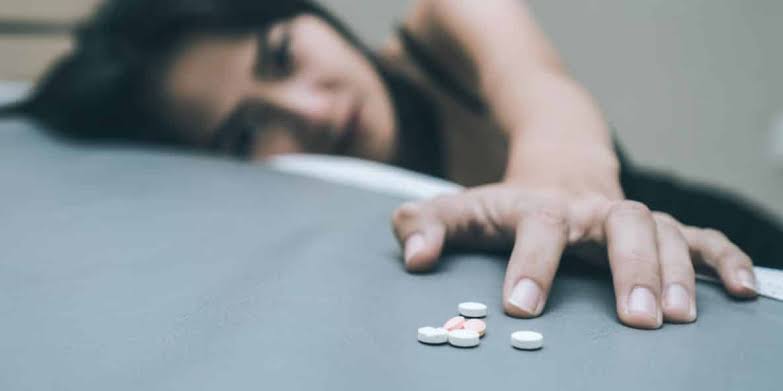By Abdul Bari Nomani
Drug addiction or drug abuse is a major social problem in Pakistani society. Health damaging drugs and abusive substances are available everywhere in society. Illegal trafficking of drugs is on increase. According to UNDOC (United Nations Office on Drugs & Crime) annual survey of Pakistan 2013, an estimation of 6% of the Pakistani population uses illicit drugs. The commonly used drugs are Cannabis, Opium, Heroin, Hashish, Marijuana, Coca-Leaf, and Ice-Crystals.
The International Day against Drug Abuse & Illicit Trafficking is observed annually by United Nations worldwide on 26 June. The Observance was instituted by General Assembly resolution in December 1987. The theme of the 2021 International Day Against Drug Abuse and Illicit Trafficking ‘Share Facts on Drugs, Save Lives’ aims at combating misinformation and promotes sharing the facts on drugs — from health risks and solutions to tackle the world drug problem, to evidence-based prevention, treatment, and care.
Drug Addiction is defined as a chronic brain disease characterized by compulsive drug seeking and usage, despite its harmful consequences. These drugs change the brain structure and its pattern, resulting in abnormal behavior and other adverse effects. Addiction impairs a person’s judgment, physiological independence, and emotional well-being. Drug Addiction is a preventable and treatable disease but if left untreated, it can give rise to life-time complications and consequences. The causes of drug addiction are many. The social causes include drugs used by parents, exposure by peers, family & marital problems and easily available in the community. The Psychological causes include poor family environment, strict & punitive parents, Personality problem and exposure to trauma or injury. Sometimes, drugs are taken to win the competition or increase physiological performance in any activity. Drug Addiction can have long-term adverse effects on the health of an individual that may include increased heart rate & blood pressure, Paranoid behavior or hallucinations, drowsiness or dizziness, hepatitis or AIDS, clinical depression, liver, lung, and kidney impairment and may result into sudden death.
Can drug addiction be treated? Yes, but it’s not simple. Because addiction is a chronic disease, people can’t simply stop using drugs for a few days and be cured. Most patients need long-term or repeated care to stop using completely and recover their lives. There are a variety of evidence- based approaches to treating addiction. Drug treatment can include behavioral therapy (such as cognitive-behavioral therapy or contingency management), medications, or their combination. The specific type of treatment or combination of treatments will vary depending on the patient’s individual needs and, often, on the types of drugs they use. There are various rehabilitation centers working in Pakistani society but the results are not so good as required. We need to work more to tackle this problem.
Anti-Narcotics Force (ANF) was raised in 1995 to address the problem of illicit trafficking of drugs and abusive substance. By realizing the importance of this problem, The Ministry of Narcotics Control (MNC) was established in Aug 2017. ANF and MNC are working in coordination with other law enforcement agencies. Effective Eradication of Illicit drugs include law enforcement efforts to stop or reduce production and trafficking of illicit drugs which is meant to reduce the supply, along with approaches to societal prevention of drug use & dependence.
A large number of drug abusers belong to the youth of Pakistan. The increased availability and exposure of drugs and abusive substances in schools, colleges, and tertiary institutes leads to an alarming situation. A large number of young people is becoming a victim of these abusive substances. Therefore, it is need of the hour to protect our youth and the coming generations to save the future of Pakistan.
At national level, we need to establish programs for the treatment and care of drug users which is meant to reduce the demand. A community-based treatment model will be beneficial to eradicate the social grounds of the drug addiction, ranging from availability of treatment centers to proper assessment, treatment and community care. To reduce its social & Communal causes, the youth organizations, and NGOs have to increase awareness campaigns & sessions. Educational institutes are the new hubs of illicit drugs, which requires extreme attention to prevent our future from falling into bottomless pits of a serious health problem. Teenagers are the most vulnerable group which requires awareness, counselling and provision of healthy and socially engaging activities into their communities and educational institutes. Our response as a community is need of hour to confront this problem.
(Author is Islamabad based Psychologist and Community Educator)




